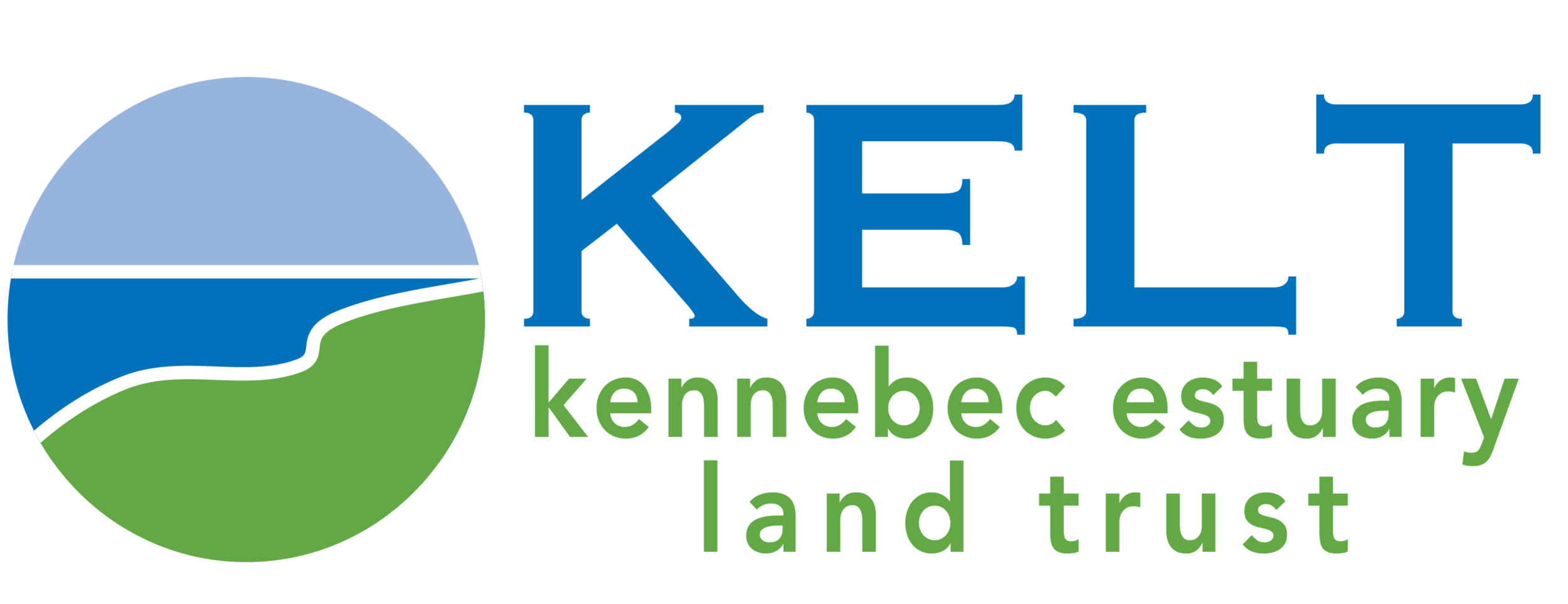An Ally to Grassland Bird Conservation
After two years of partnership with Ag Allies, a Somerset County based grassland bird conservation effort, KELT is thrilled to share more about this collaboration’s meaningful accomplishments.
Much like grassland bird conservation efforts at KELT, Ag Allies was started as a passion project. When it was founded in 2016, Ag Allies operated at a county level to advise and support bird-friendly grassland habitat management. Now, in partnership with KELT, Ag Allies works with individuals and organizations who own and manage grassland throughout every corner of the state to protect Maine’s remarkable grassland birds.
Because grassland birds, like Bobolinks and Savannah sparrows, nest in active agricultural fields, their survival, breeding success, and population stability is highly dependent on bird-friendly haying practices. If a field is hayed before grassland fledglings are able to fly, the babies will be unable to escape farm machinery and the breeding population’s efforts will be null. However, if farmers wait too long to hay, their crop can surpass its nutritional peak and result in lower yields and economic return. This tension between agriculture and grassland birds is exacerbated by the changing climate as growing seasons, and thus harvest, advance.
“Between 2005 and 2015, Maine’s Bobolinks have been declining by a rate of approximately 3.3% annually. Of all families of birds, grassland birds are declining most rapidly, facing a net loss of 720 million birds (53%) since 1970. ”
Ag Allies strives to alleviate this tension by working with farmers, land trusts, municipalities, and other landowners to implement bird-friendly, and farm-feasible, land management strategies. For some landowners, this means simply equipping them with the technical support to know when the birds are done breeding and it’s okay to hay. For others, particularly Maine’s farmers who are facing tremendous economic pressure, Ag Allies provides modest incentive payments to neutralize the loss farmers face by delaying their harvest. Ag Allies staff also provide technical support on refurbishing habitat to improve grass quality, both for birds and the crop, and offer abundant educational opportunities to inform others on the work we do and the birds we are hoping to protect.
Since partnering with KELT, thanks in part to support from the Cornell Lab of Ornithology’s Small Land Trust Grant, the Maine Wildlife Grant, and Maine Audubon, Ag Allies has undergone truly transformational growth. In 2022, we had 1,300 acres of land enrolled in our program and committed to protecting grassland birds. We distributed $27,000 in incentive payments to farmers which is $16,000 more than distributed in 2021. We partnered with 52 individuals, 14 land trusts, and 2 municipalities. We counted 475 breeding pairs of grassland birds on enrolled land (330 Bobolink, 143 Savannah sparrows, 2 Eastern meadowlarks) and estimated more than 2,300 fledglings likely fledged from our fields. We hosted a dozen educational events, including walk-and-talks and presentations, and reached approximately 120 individuals with these offerings. Since the conclusion of the 2022 field season, we have already been approached by 44 new landowners looking to enroll in our program next spring.
(L to R) Laura Suomi-Lecker (Program Founder & Manager) and Maeve McGowan (Grassland Bird Conservation Specialist & Independent Contractor for KELT)
The above metrics should be considered in the context of how rapidly grassland birds are declining, within and beyond Maine. Between 2005 and 2015, Maine’s Bobolinks have been declining by a rate of approximately 3.3% annually. Of all families of birds, grassland birds are declining most rapidly, facing a net loss of 720 million birds (53%) since 1970. Ag Allies and KELT are truly making a difference for Maine’s grassland birds.
With renewed support from Cornell, this next year will focus on developing and deepening partnerships with grassland bird conservation efforts in surrounding states to ultimately position Ag Allies for a regional approach. We will also deepen relationships with partners at Maine Department of Inland Fisheries and Wildlife, the U.S. Fish and Wildlife Service, and the National Fish and Wildlife Foundation. We will focus energy on positioning Ag Allies for longevity and sustainability, in terms of funding and staff capacity.
KELT’s partnership has been invaluable to the growth and success of Ag Allies. Formal association with a regional leader in conservation has given Ag Allies legitimacy throughout midcoast and southern Maine, earning us the introduction to many land trusts and other landowners. By having a land trust as a lead partner, Ag Allies qualifies for higher levels of Cornell funding. Ag Allies is deeply appreciative and proud to be partners with KELT and is always eager to the story of this unique and organic collaboration.




